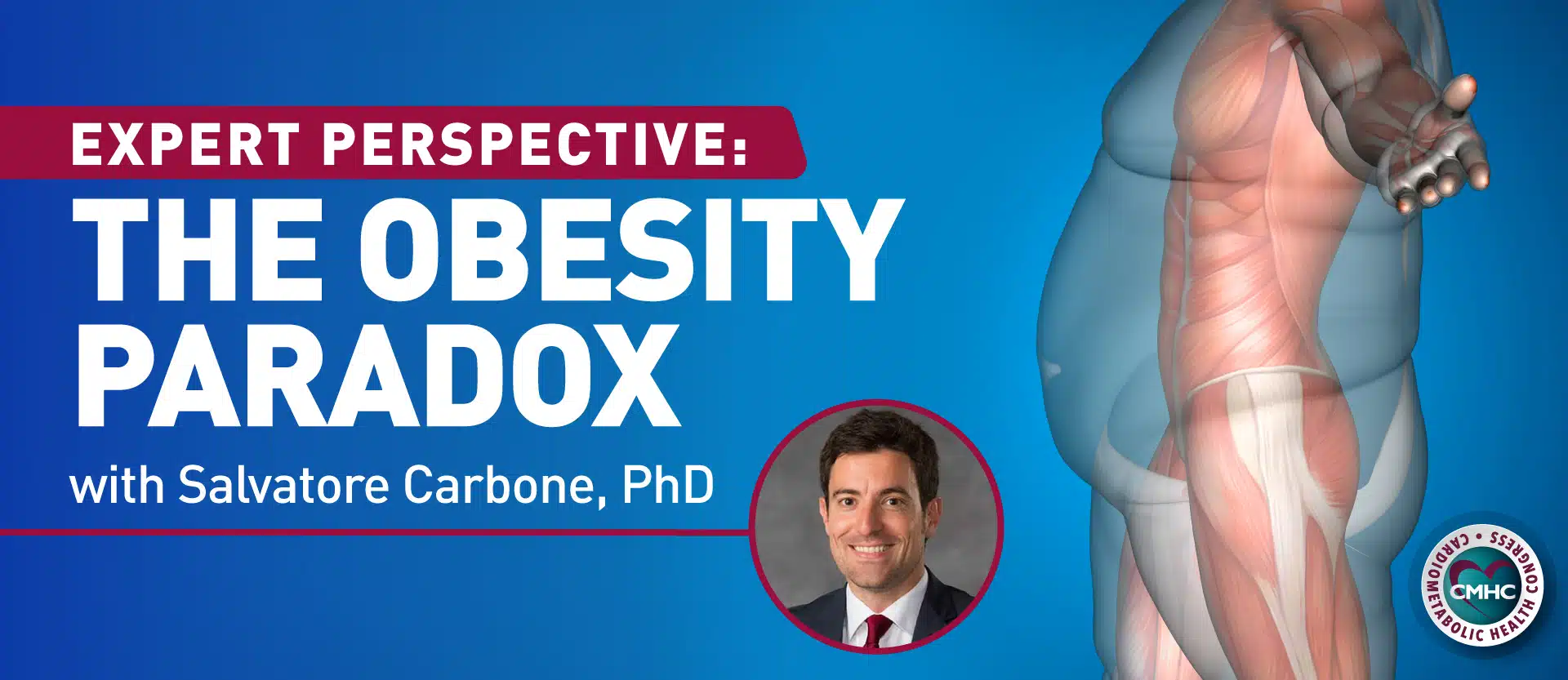 Recent statistics show that more than two-thirds of Americans are considered to be overweight or obese, generating a global obesity epidemic. With diabetes and obesity continuously on the rise, in addition to spikes in other lifestyle-related diseases, it has become critical to highlight the necessity of self-care and healthy living habits. Yet while physicians are generally considered to be reliable sources regarding nutrition, more than 50% of graduating medical students continue to rate their knowledge as ‘inadequate,’ and only one in eight patients receives counseling from their doctors on dietary health benefits.
Recent statistics show that more than two-thirds of Americans are considered to be overweight or obese, generating a global obesity epidemic. With diabetes and obesity continuously on the rise, in addition to spikes in other lifestyle-related diseases, it has become critical to highlight the necessity of self-care and healthy living habits. Yet while physicians are generally considered to be reliable sources regarding nutrition, more than 50% of graduating medical students continue to rate their knowledge as ‘inadequate,’ and only one in eight patients receives counseling from their doctors on dietary health benefits.
A study designed to quantify the required number of hours of nutrition education at U.S. medical schools, in addition to an investigation regarding the types of courses offered, reaffirmed the supposition that medical students receive an inadequate amount of nutrition education. Only 27% of surveyed schools required a course dedicated to nutrition; on average, U.S. medical schools only offer 19.6 hours of nutrition education—across four years of medical school. Other informal polls and anecdotes uphold the studies’ findings, as students assert that nutrition education throughout medical school is, at best, minimal.
Throughout the past several decades, there has been a push towards improving the medical nutrition education that students receive. With suboptimal knowledge about dietary habits, future physicians are selling both themselves and their patients very short. It is imperative to equip health practitioners with the necessary tools and information that they can utilize in their practices, ultimately addressing the root causes of real, pervasive problems. Medical schools have the burden of responsibility to arm their graduates with the tools to tackle the biggest, most acute global health challenges: including obesity and nutrition problems.
All of our conferences this year highlight this topic, through specific sessions that discuss the need for nutritional education and awareness. At Regionals, we are hosting “Comprehensive Weight Loss Management in Primary Care Practice to Reduce Cardiometabolic Risk.” Our Annual event’s second session is dedicated to lifestyle management of cardiovascular disease, including “Cardiometabolic Disorders: Diet Quality, Quantity and Beyond,” “Sleep Science: Effect of the Circadian Rhythm on Obesity and CVD,” and “Lifestyle and Obesity Management in the Cardiometabolic Patient.” View the annual agenda, and learn more about our regional conference series.

















